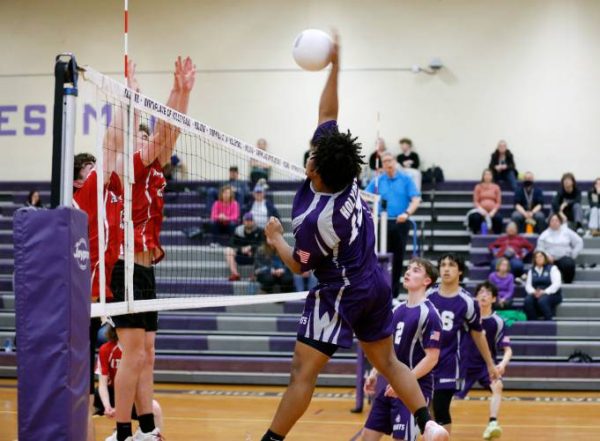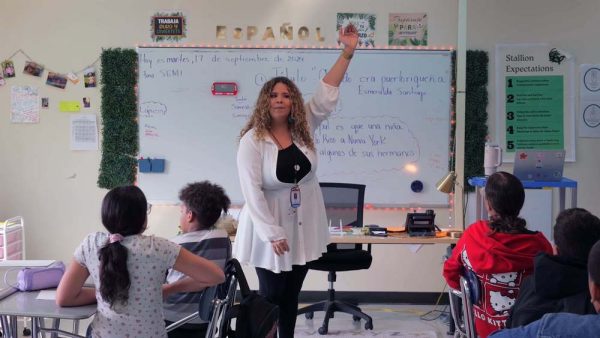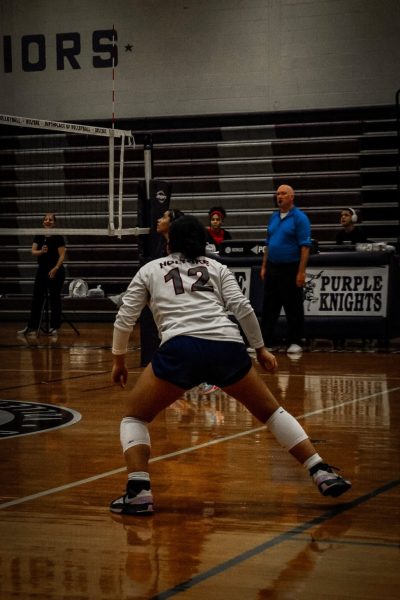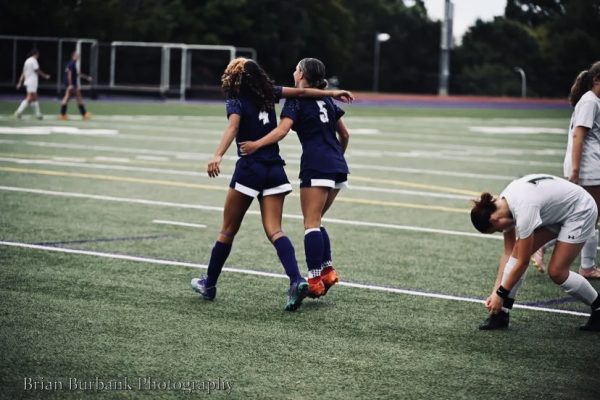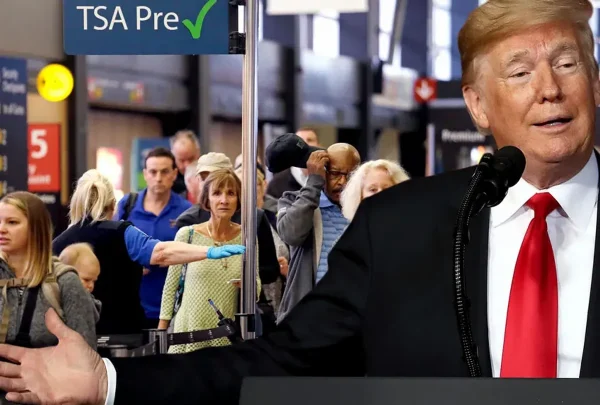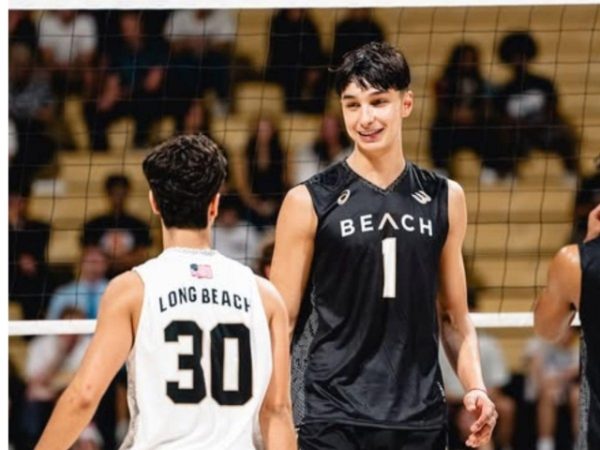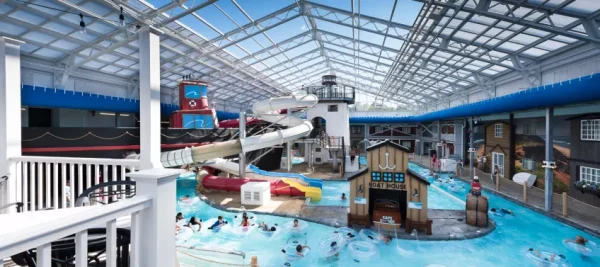HHS Students Become School Leaders
Suspension has been a controversial form of discipline used across the globe to act as a punishment for students who break school rules and regulations. With suspension rates high at Holyoke High over recent years, a Youth Leadership Group was created by members of the teen clinic and teachers in order to establish restorative practices as an alternative form of discipline at Holyoke High School.
In August of 2012, the state of Massachusetts passed a law referred to as Chapter 222, to prevent unnecessary student suspensions from school. It requires public schools to find alternative methods of discipline instead of establishing long term suspensions.
A couple of years ago, teachers at Holyoke High reached out to one another and tried to find resolutions to the high suspension rates problem. According to the Lawyer’s Committee for Civil Rights and Economic Justice report, Holyoke’s out-of-school- suspension rate was 21.5% from 2012-13. During those years, 44% of Latino students were suspended for at least one day compared to 19% of white students. These numbers were far above the state and national averages. District-wide, Holyoke had the fourth highest suspension rate for Latinos in the entire nation. With more students being out of the school instead of in, an idea was put to the test to decrease those statistics.
As teenagers enter high school, many of them come in contact with conflicts that are sometimes beyond their control. Violence and punitive forms of discipline are the most common forms teenagers use to resolve their problems but violence is never the answer. So what is?
A Youth Leadership Group was created in order to establish a change regarding the form of discipline at Holyoke High. The group consists of sixteen youth; all of who are in the process of getting trained to lead the program themselves in the future, who focus on issues in the school and try to solve them through restorative practices that allow all of those involved or harmed to come together and figure out what needs to be done to make things right while restoring and rebuilding relationships. Non-punitive discipline approaches problems without the use of punishments, but instead focuses the offender restoring damaged relationships.
Restorative justice is an approach to justice that focuses on the needs of the victims and the offenders instead of satisfying legal regulations or punishments. In schools, restorative justice encourages students to resolve conflicts on their own through communication. Essentially, the idea is to bring students, teachers, and anyone else involved in a conflict together in small groups to talk and come to a common agreement and or understanding. It creates a safer learning environment and gives the offenders and the victims a chance to make things right.

During the summer of 2015, the students who were gathered to help implement and support this restorative justice program gathered at the Holyoke Public Library twice a week to learn about the history of their ethnic backgrounds and about the importance of circle practices. Circle practice is a method used to gather groups of people together and encourage them to participate and support one another. Recently, circle practice has been used in the school’s advisory curriculum to make students more familiar with the process.
Together, the group came up with our new Holyoke High School values: Respect, Integrity, Generosity, Humility, Trust, and Strength. You can see these posted in many HHS classes as well as painted on the wall when you walk in the main entrance.
Student Aleyx Bernard ’16 recalls the experience as being intense and knowledgeable. According to him, something he is looking forward to is changing the school and making it, “more joined together.”
The future of the Youth Leadership Group looks bright. They plan to continue on to expand and encourage more students to join and hold events to make the community aware of the problems and changes students are making to improve their school.
The group can be reached through the Teen Clinic located near the Guidance offices. Students can ask for Jerica or Luke, the program coordinators, who will help students and teachers make referrals for a restorative process. Students who are struggling are encouraged to meet with the group to find alternative solutions to their problems instead of just settling on out of school suspension and expulsion.
Any HHS teacher who would like to make a referral for a student to the Restorative Justice process can do so here.
The Youth Leadership Group meets every other Wednesday after school to discuss issues in the community and youth-led solutions. Future leadership positions will be opening at the end of the school year.




